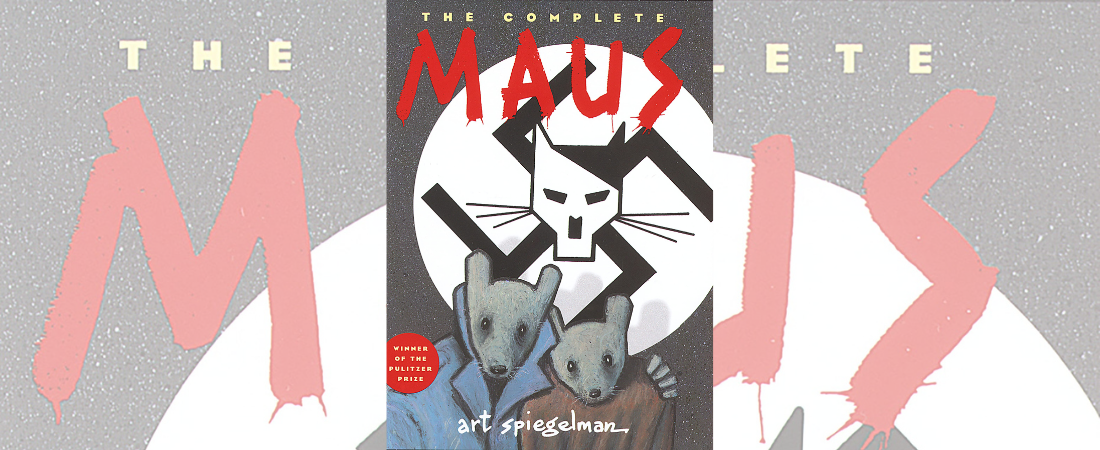The school board of McMinn County School District in Athens, Tennessee, recently removed acclaimed graphic novel Maus from the curriculum. The removal follows a wave of removals of books from classrooms and school libraries since the beginning of the 2021-2022 school year. Maus tells the story of author Art Spiegelman’s parents’ experience in Auschwitz and was the centerpiece of the district’s teaching about the Holocaust. NCAC has written to the school board to urge them to reverse the ban.
NCAC’s Executive Director Chris Finan said, “It’s hard to think of a better example of a book that should never be banned than Maus. For thirty years, Maus has provided readers with a way to understand the devastation of the Holocaust by bringing history to visceral life. The continued insistence by those who would ban books that ‘discomfort’ is a reason to prevent students from learning difficult, often devastating, truths threatens America’s students and its entire education system.”
A review of the minutes of the Board’s meeting of January 10, 2022, indicates that the book was removed without being formally reviewed in accordance with the district’s book challenge procedures, which call for a diverse committee of education professionals and community members to review the challenged work and employ specific criteria when reviewing the book and issuing a recommendation. In bypassing the district’s established procedure, the Board deprived itself of the knowledgeable insight which those procedures are designed to provide. Moreover, the minutes of the January 10 meeting do not demonstrate that the Board considered all of the criteria that it has explicitly stated are relevant to making decisions about the removal of materials from the curriculum.
Maus is the only graphic novel ever to have won a Pulitzer Prize. Entertainment Weekly listed it at seventh place on their list of the 100 best reads from 1983 to 2008, and Time put it at seventh place on their list of best non-fiction books from between 1923 and 2005. It is clearly a highly valuable book which relates directly to a major topic of study in 20th Century history, and was the central educational resource for the district’s curriculum on that topic. If any book should not be removed without following the district’s well-designed challenge policy, it is Maus.
Some defenders of the decision claim that because copies of Maus have not been physically removed from school campuses, that it has not been “banned.” This is a common tactic to minimize the impact of removing books from the curriculum, preventing teachers from using the teaching tools they believe will best achieve their educational aims, and putting up barriers to limit student access to reading material. We need not wait for a pyre of burning books to call this decision what it is: censorship.
Read the full letter to the school district below. Click here for a full screen view:


